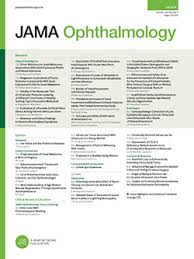 Less than two weeks ago, PLOS ONE published a paper about the parents of teenagers who appeared to immediately start questioning their gender identity around the time of puberty. Then the critiques flooded in.
Less than two weeks ago, PLOS ONE published a paper about the parents of teenagers who appeared to immediately start questioning their gender identity around the time of puberty. Then the critiques flooded in.
The paper — about a highly contentious issue — surveyed parents who felt that their children had suddenly started to question their gender identity around the time of puberty, prompting author Lisa Littman at Brown University to coin a new phenomenon as “rapid-onset gender dysphoria.” Any discussion of transgender identity in young children can get politicized, and this paper was no exception.
The political aspect of the findings aside, readers have raised some serious concerns about the methodology behind the PLOS ONE paper. So far, multiple comments on the paper have pointed out potential issues in what one user dubbed a “fatally flawed paper” — such as the lack of a control group, the fact that Littman recruited study participants from allegedly biased websites, and only interviewed parents, not children or their clinicians. Brown University even took down a press release touting the study when it first appeared. And the journal has announced it’s taking a second look at the paper.
Earlier this year, The Advocate, a publication focused on LGBT issues, published a commentary titled “‘Rapid Onset Gender Dysphoria’” is biased junk science,” after the Journal for Adolescent Health published one of Littman’s poster abstracts. According the Advocate:
Continue reading Reader outcry prompts Brown to retract press release on trans teens






 Less than two weeks ago, PLOS ONE published a paper about the parents of teenagers who appeared to immediately start questioning their gender identity around the time of puberty. Then the critiques flooded in.
Less than two weeks ago, PLOS ONE published a paper about the parents of teenagers who appeared to immediately start questioning their gender identity around the time of puberty. Then the critiques flooded in. Late last year, news stories trumpeted the findings: Older women who received surgery to fix their cataracts were less likely to die over the course of a study period.
Late last year, news stories trumpeted the findings: Older women who received surgery to fix their cataracts were less likely to die over the course of a study period.